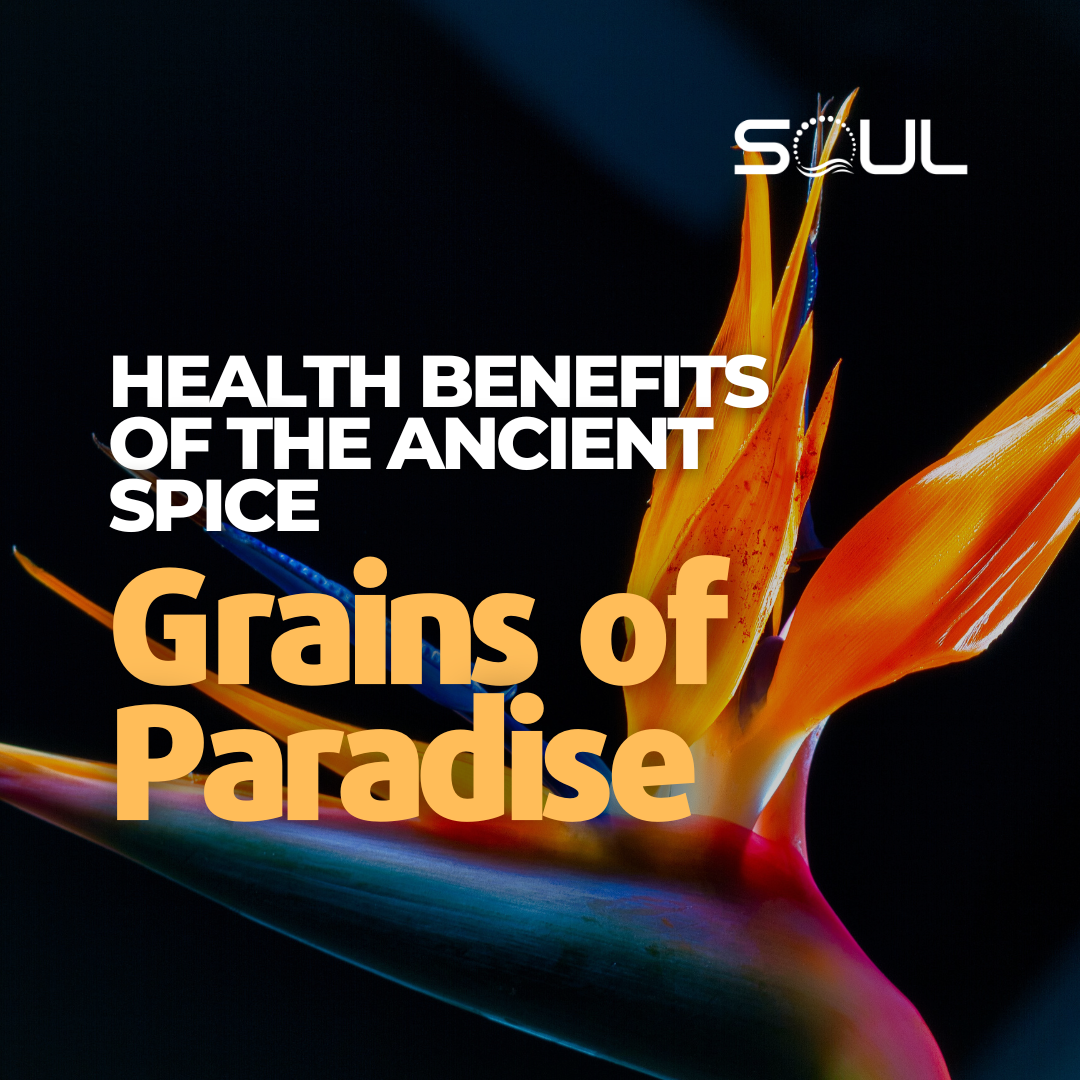
Grains of Paradise: A Hidden Gem of the Spice World
There’s an unsung hero in the world of spices, quietly biding its time behind the more celebrated contenders like cinnamon and turmeric. This spicy dark horse goes by the name Aframomum melegueta, but you might know it as grains of paradise. Native to the humid forests of West Africa, these tiny seeds have been revered for thousands of years, both for their peppery bite and their purported medicinal powers. But what is it that gives grains of paradise their allure?
Grains of paradise belong to the ginger family, a lineage known for its bold flavors and profound health benefits. And like its cousin, this fiery spice doesn’t disappoint. The secret lies in its active compounds—primarily a group of chemicals called sesquiterpenes, with the standout being beta-caryophyllene. This molecule isn’t just a flavorful delight; it’s a potential powerhouse for human health.
The Science Behind the Spice
In the field of health and nutrition, buzzwords like "anti-inflammatory" and "antioxidant" are tossed around like confetti, but grains of paradise are no paper tigers. Beta-caryophyllene, one of the most abundant sesquiterpenes in grains of paradise, is also found in black pepper and cloves—two spices with well-documented medicinal properties. The implications? Grains of paradise might play in the same league as these heavy hitters when it comes to health benefits.
Now, sesquiterpenes alone don’t carry the entire weight of grains of paradise’s health-promoting arsenal. This spice is also rich in essential oils like limonene, cineole, and alpha-pinene—compounds that add more than just aromatic flair. These oils have been shown to have antibacterial, antifungal, and even neuroprotective effects. Combine that with a dash of flavonoids like quercetin and kaempferol, and you have a spice that can punch far above its weight.
From Digestive Health to Weight Loss: A Mechanistic Look
In the ancient world, grains of paradise were prized as a digestive aid. Today, modern science is playing catch-up, trying to figure out how exactly this tiny seed works its magic. One hypothesis lies in its ability to stimulate the production of digestive enzymes, which could enhance nutrient absorption and gut health. In an animal study, rats with colitis—a form of inflammatory bowel disease—were given grains of paradise, leading to reduced inflammation in their colon compared to the control group. That’s the mechanistic equivalent of fixing a leaky pipe by not just patching the hole, but by reinforcing the entire pipeline.
Let’s not forget the allure of weight loss, a realm where grains of paradise are making a name for themselves. One study found that supplementing with grains of paradise extract led to a significant increase in energy expenditure and a decrease in body fat among overweight men. That’s no small feat in a market flooded with fads. This effect likely hinges on the spice’s ability to rev up the metabolic furnace and increase fat oxidation, creating a ripple effect that leads to more efficient energy expenditure.
Taming Inflammation: Beyond the Hype
Inflammation is a tricky opponent—an immune system response that’s essential in small doses but destructive when unchecked. Grains of paradise seem to possess the right biochemical arsenal to keep this fiery foe in check. One in-vitro study demonstrated that a compound extracted from grains of paradise was effective in reducing inflammation in human cells. And in another study, rats with arthritis experienced reduced inflammation and joint damage after being given grains of paradise. It’s as if this spice has its own internal blueprint for restoring balance where chaos threatens to reign.
The Hidden Potential: Neuroprotection and More
But the magic of grains of paradise doesn’t stop with digestion and inflammation. Researchers are beginning to uncover its potential in the fight against neurodegenerative diseases. In one study, a compound extracted from grains of paradise showed neuroprotective effects in the brains of rats, suggesting it may help shield neurons from damage. The implications here could be profound, pointing to the possibility of using grains of paradise as a natural line of defense against ailments like Alzheimer’s and Parkinson’s.
And then there’s the tantalizing hint at its ability to regulate blood sugar levels. In a study involving diabetic rats, grains of paradise supplementation led to a significant decrease in blood sugar. While it’s early days for human trials, this suggests a future where grains of paradise could be a natural ally in managing diabetes—a key area where mechanistic conjecture aligns with traditional wisdom.
A Spice for the Ages, with Promise for the Future
Grains of paradise may not yet be a household name, but in a world that craves both flavor and functionality, this spice is poised to step into the spotlight. With its rich profile of sesquiterpenes, essential oils, and flavonoids, grains of paradise offers more than just a kick to your meals; it provides potential benefits for digestion, weight loss, inflammation, neuroprotection, and even blood sugar regulation.
These statements have not been evaluated by the Food and Drug Administration. This product is not intended to diagnose, treat, cure or prevent any disease. This article is for informational purposes only and is not a substitute for professional medical advice. Always consult your healthcare provider regarding any health concerns or before starting new supplements.
